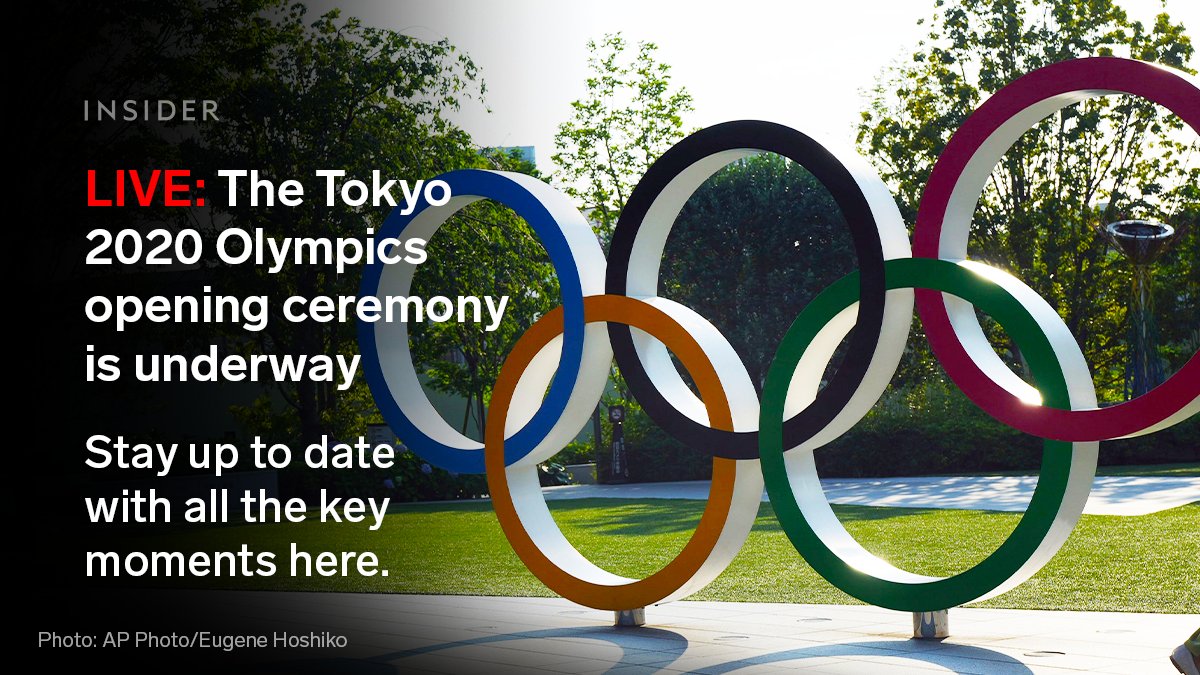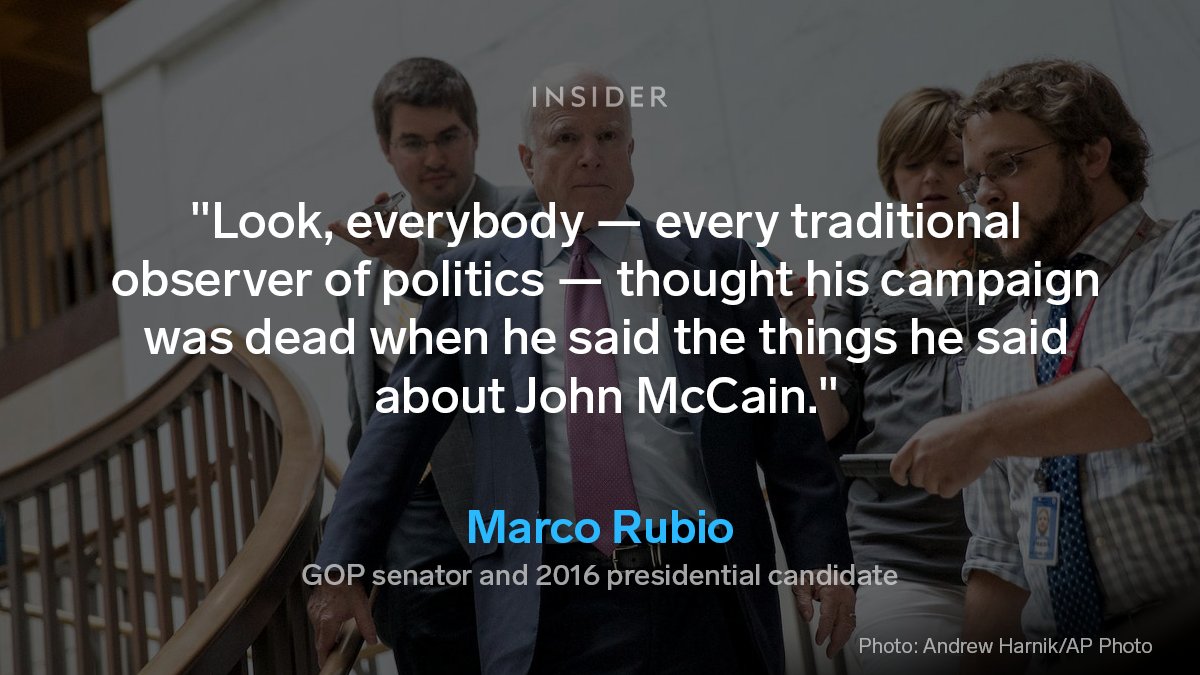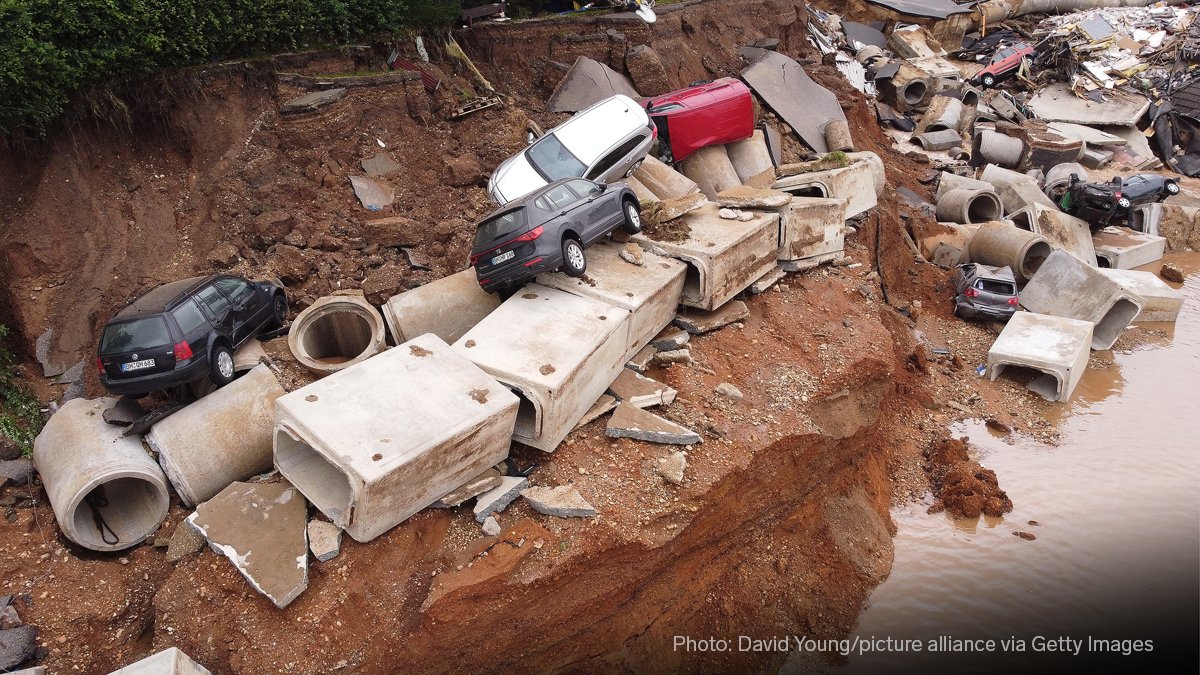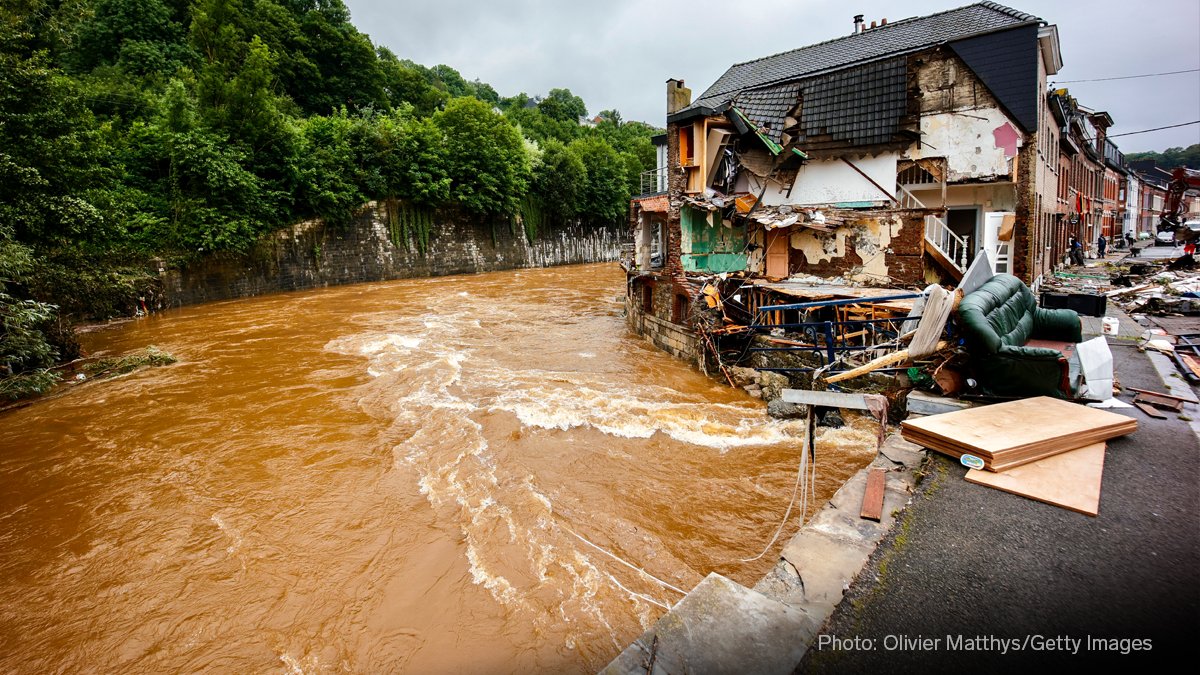
When US News develops a rating, they select what's valuable in higher education – when they decide, colleges react.
But, rankings don't measure qualities that are the most beneficial for students. The pandemic has shown how broken this system is.
businessinsider.com/why-college-ra…
But, rankings don't measure qualities that are the most beneficial for students. The pandemic has shown how broken this system is.
businessinsider.com/why-college-ra…
When universities prioritize these numbers, especially when rankings are zero-sum ranking against their peers, colleges are incentivized to do things that make the experience worse for students, applicants, and faculty in order to appease that algorithm.
businessinsider.com/personal-finan…
businessinsider.com/personal-finan…

US News and World Report began assigning rankings in the 1980's.
As they began to assign scores to universities using the test scores of admitted students as a proxy for quality, colleges began to desire more and more applicants who tested high.
businessinsider.com/why-college-ra…
As they began to assign scores to universities using the test scores of admitted students as a proxy for quality, colleges began to desire more and more applicants who tested high.
businessinsider.com/why-college-ra…

Only 20% of the score on its Best Colleges rankings comes from academic instruction and faculty resources.
Paying faculty more can raise the price of colleges. Optimizing class size to appease US News can lead to capping class size.
businessinsider.com/why-college-ra…
Paying faculty more can raise the price of colleges. Optimizing class size to appease US News can lead to capping class size.
businessinsider.com/why-college-ra…
When the pandemic set in, everyone was paying full sticker price to go to the same college, Zoom University.
During the pandemic, students needed academic flexibility. Thanks to the rigors of rankings, they did not get it.
businessinsider.com/why-college-ra…
During the pandemic, students needed academic flexibility. Thanks to the rigors of rankings, they did not get it.
businessinsider.com/why-college-ra…

When graduation and retention is 35% of their score, colleges simply could not afford to have students transfer out, or defer their graduation, or pause their enrollment.
businessinsider.com/colleges-unive…
businessinsider.com/colleges-unive…
Robert Morse, chief data strategist at US News, said schools will do better in the ranking if they enroll and graduate high proportions of Pell Grant students.
Five percent of the US News score is related to Pell Grant student performance.
businessinsider.com/why-college-ra…
Five percent of the US News score is related to Pell Grant student performance.
businessinsider.com/why-college-ra…
The metrics employed by US News and World Report prove problematic because of the students they advantage and push out.
businessinsider.com/why-college-ra…
businessinsider.com/why-college-ra…

An expert said the ranking system is fundamentally broken, even after years of improvements.
Are college rankings useful to applicants, families and students? Tell us what you think. 👇
businessinsider.com/why-college-ra…
Are college rankings useful to applicants, families and students? Tell us what you think. 👇
businessinsider.com/why-college-ra…
• • •
Missing some Tweet in this thread? You can try to
force a refresh














